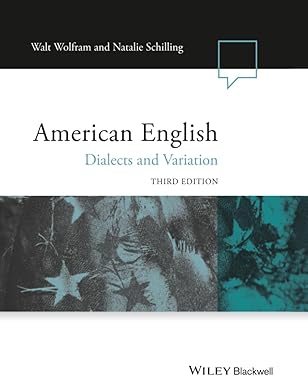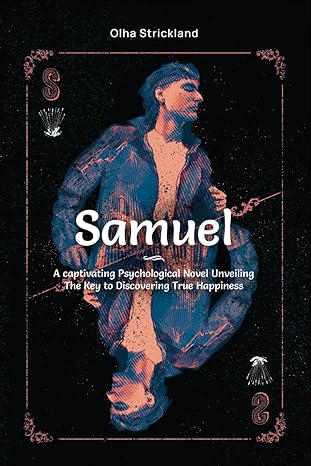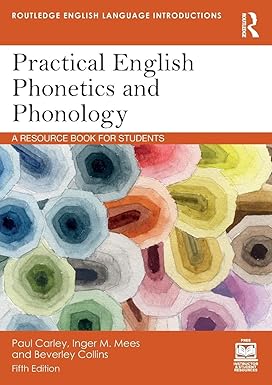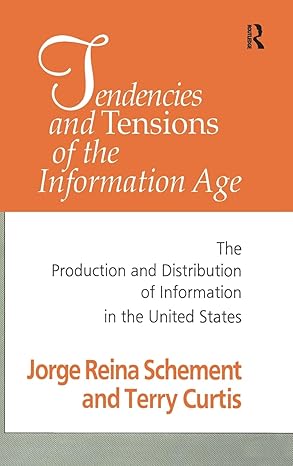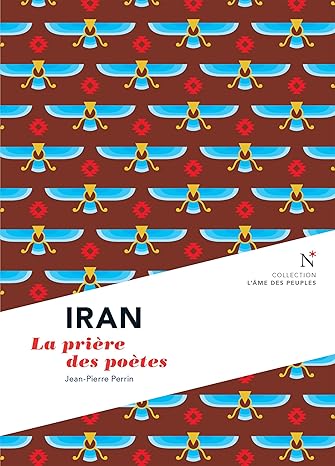In Inessential Solidarity, Diane Davis examines critical intersections of rhetoric and sociality in order to revise some of rhetorical theory’s basic presumptions. Rather than focus on the arguments and symbolic exchanges through which social relations are defined, Davis exposes an underivable rhetorical imperative, an obligation to respond that is as undeniable as the obligation to age. Situating this response-ability as the condition for, rather than the effect of, symbolic interaction, Davis both dissolves contemporary concerns about linguistic overdetermination and calls into question long-held presumptions about rhetoric’s relationship with identification, figuration, hermeneutics, agency, and judgment.
Spotlighting a rhetorical “situation” irreducible to symbolic relations, Davis proposes quite provocatively that rhetoric—rather than ontology (Aristotle/Heidegger), epistemology (Descartes), or ethics (Levinas)—is “first philosophy.” The subject or “symbol-using animal” comes into being, Davis argues both with and against Emmanuel Levinas, only inasmuch as it responds to the other; the priority of the other is not a matter of the subject's choice, then, but of its inescapable predicament. Directing the reader’s attention to this inessential solidarity without which no meaning-making or determinate social relation would be possible, Davis aims to nudge rhetorical studies beyond the epistemological concerns that typically circumscribe theories of persuasion toward the examination of a more fundamental affectability, persuadability, responsivity.
چکیده فارسی
در همبستگی ضروری، دایان دیویس تلاقیهای انتقادی بلاغت و اجتماعی را بررسی میکند تا برخی از پیشفرضهای اساسی نظریه بلاغت را بازبینی کند. دیویس به جای تمرکز بر بحثها و مبادلات نمادین که از طریق آنها روابط اجتماعی تعریف میشود، یک ضرورت بلاغی غیرقابل درک را آشکار میکند، تعهدی برای پاسخگویی که به اندازه الزام به پیری غیرقابل انکار است. دیویس با قرار دادن این توانایی پاسخ به عنوان شرط، به جای اثر، تعامل نمادین، نگرانی های معاصر در مورد تعین بیش از حد زبانی را برطرف می کند و پیش فرض های دیرینه در مورد رابطه بلاغت با هویت، تجسم، هرمنوتیک، عاملیت، و قضاوت را زیر سوال می برد.
دیویس با برجسته کردن یک "وضعیت" بلاغی غیرقابل تقلیل به روابط نمادین، به طور کاملاً تحریک آمیزی پیشنهاد می کند که بلاغت - به جای هستی شناسی (ارسطو/هایدگر)، معرفت شناسی (دکارت) یا اخلاق (لویناس) - "فلسفه اول" است. دیویس هم با امانوئل لویناس و هم علیه آن بحث می کند، موضوع یا «حیوانی که از نماد استفاده می کند» به وجود می آید، تنها تا آنجا که به دیگری پاسخ می دهد. پس اولویت دیگری به انتخاب سوژه مربوط نمی شود، بلکه به گرفتاری اجتناب ناپذیر آن بستگی دارد. توجه خواننده را به این همبستگی غیرضروری که بدون آن هیچ معناسازی یا رابطه اجتماعی تعیینکنندهای ممکن نخواهد بود، معطوف کرد، دیویس قصد دارد مطالعات بلاغی را فراتر از دغدغههای معرفتشناختی که معمولاً نظریههای متقاعدسازی را به بررسی تأثیرپذیری، متقاعدپذیری و پاسخگویی اساسیتر محدود میکنند، سوق دهد. .
ادامه ...
بستن ...
ISBN-13: 978-0822961222
ISBN-10: 0822961229
ادامه ...
بستن ...


